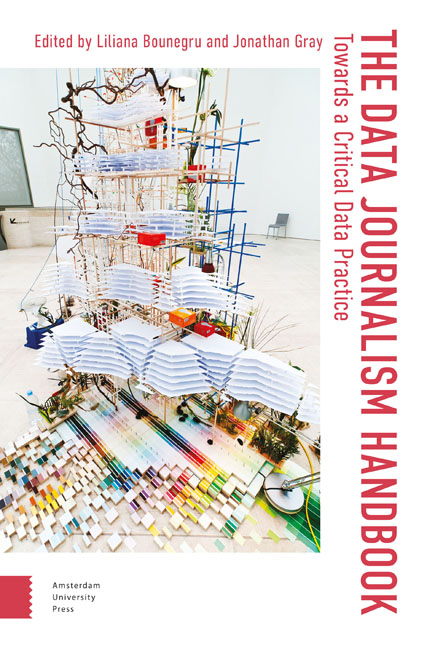11 - Making a Database to Document Land Conflicts Across India
Summary
Abstract
Documenting land conflicts to tell deeper, more nuanced and bigger stories of land and its relationship with India's diverse society.
Keywords: land conflict, India, data journalism, databases, collaboration
Land is a scarce resource in India. The country only has 2.4% of the world's land area but supports over 17% of the world's population. As one of the world's fastest-growing economies, it requires large swathes of lands to fuel its ambitious agenda of industrial and infrastructure growth. At least 11 million hectares of land are required for development projects in the next 15 years. But a huge section of India's population—mostly marginalized communities—depend on land for their sustenance and livelihood. Over 200 million people depend on forests while 118.9 million depend on farming land in India.
These competing demands cause conflicts. In many cases land is forcefully acquired or fraudulently grabbed by the state or private interests, dissenters are booked by the state agencies under false charges, compensation is paid partially, communities are displaced, houses are torched, and people get killed. Social disparities around caste, class and gender also fuel land struggles. Climate change-induced calamities are making land-dependent communities further vulnerable to displacements. All this is reflected in the many battles taking place over land across India.
As journalists writing about development issues in India, we come across many such conflicts. However, we realized it was not easy to sell those stories happening in remote corners of India to the editors in New Delhi. The mainstream media did not report on land conflicts except the ones that turned fatally violent or that were fought in the national courts. Sporadicreporting by a few journalists had little impact. Voices of the people affected by such conflicts remained unheard. Their concerns remained unaddressed.
The reason, we thought, was that the reporters and the editors looked at the conflicts as isolated incidents. We knew land conflicts were one of the most important stories about India's political economy. But the question was how to sell it to editors and readers. We thought that if journalists could scale up their reporting on individual cases of conflict to examine broader trends, their stories could not only have wider reach but might also show the intensity of various kind of conflicts and their impact on people, the economy and the environment.
- Type
- Chapter
- Information
- The Data Journalism HandbookTowards A Critical Data Practice, pp. 84 - 86Publisher: Amsterdam University PressPrint publication year: 2021

